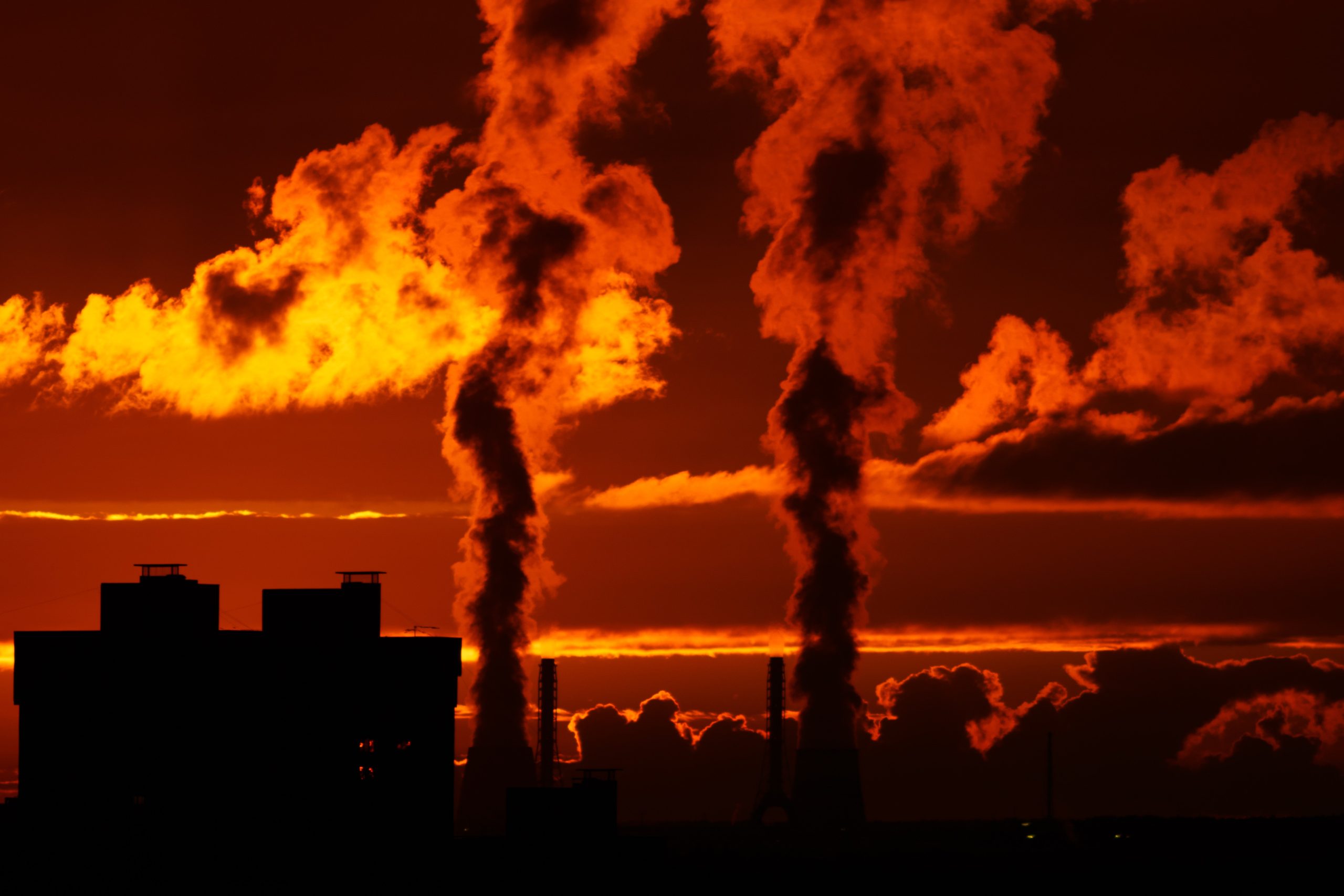The United States of America has long been the world’s leading consumer and producer of fossil fuels. While this dependency on oil, coal, and natural gas has driven the country’s economic growth for years, it is now beginning to take its toll. With an economy that seems to be slowing down, many are beginning to wonder if our reliance on these non-renewable resources is contributing to the problem. In this blog post, we will explore the link between America’s dependence on fossil fuels and the current economic slowdown while also discussing what can be done to change this trend. So let’s dive in!
America’s Dependence on Fossil Fuels
America’s dependence on fossil fuels is deeply rooted in its history. The country has been harnessing the power of coal, oil, and natural gas to fuel its industrial growth for over a century. According to the Energy Information Administration (EIA), fossil fuels still make up around 80% of America’s total energy consumption.
One major factor that contributes to this dependency is the abundance and accessibility of these resources within American borders. The US is one of the world’s largest producers of oil and natural gas, with significant reserves available both offshore and on land.
The economic benefits associated with this industry cannot be ignored either. Fossil fuels have long been a key driver behind job creation, GDP growth, and overall prosperity in many regions across America.
However, there are several negative consequences linked with our reliance on non-renewable resources such as environmental degradation resulting from climate change caused by greenhouse gas emissions released when burning hydrocarbons like oil or coal which causes global warming issues leading to severe weather changes affecting human health along with crop yields getting damaged due to erratic rainfall patterns.
While America’s dependence on fossil fuels has brought numerous benefits throughout history; it also carries many risks that must be addressed if we hope for sustainable development moving forward.
The Economic Slowdown
The economic slowdown in America has been a topic of concern for many years. It refers to the decline in economic activity and decreased productivity across various industries. The impact of this slowdown is felt by both individuals and businesses alike, leading to job losses, reduced wages, and increased poverty rates.
One of the main factors contributing to this economic slowdown is America’s dependence on fossil fuels. The extraction, transportation, and burning of these fuels lead to environmental degradation and health problems that affect individual wellbeing. Additionally, rising oil prices have had a significant impact on manufacturing costs as well as consumer spending power.
Furthermore, by relying heavily on fossil fuels for energy production, America is missing out on opportunities for growth in renewable energy sectors such as wind and solar power. These clean sources of energy not only reduce carbon emissions but also create new jobs while reducing dependency on foreign oil imports.
It’s clear that addressing America’s dependence on fossil fuels can play a vital role in reversing the current economic slowdown. By transitioning towards sustainable sources of energy production and adopting cleaner technologies across different industries will lay the foundation for future prosperity while preserving our natural resources.
The Link Between the Two
The link between America’s dependence on fossil fuels and the economic slowdown is complex, but there are several key factors to consider. For starters, the cost of extracting these finite resources has skyrocketed in recent years due to declining reserves and increased demand. This means that companies must spend more money to obtain the same amount of oil or gas, leading to higher prices at the pump and reduced profit margins.
Additionally, our reliance on fossil fuels has led us down a dangerous path when it comes to climate change. The burning of coal, oil, and gas releases harmful greenhouse gases into the atmosphere that trap heat and contribute to rising global temperatures. As a result, we’re seeing more extreme weather events like hurricanes and droughts which can have devastating effects on local economies.
Furthermore, our dependence on foreign sources of oil leaves us vulnerable to supply disruptions or price shocks that can ripple through the economy. When fuel costs rise sharply – as they did during the 1970s OPEC embargo – consumers have less money to spend elsewhere which can dampen overall economic growth.
Clearly then there is a strong connection between America’s heavy use of fossil fuels and its economic wellbeing. To break this link will require bold action from policymakers in Washington D.
C., as well as individual Americans who need to take responsibility for their own energy usage habits if we hope for long-term prosperity while preserving our planet for future generations.
What Can Be Done to Change This?
There are several measures that can be taken to reduce America’s dependence on fossil fuels and therefore, mitigate the economic slowdown. One such measure is investing in renewable sources of energy like wind, solar, geothermal and hydroelectric power.
Governments at all levels could allocate more funds for research and development of these alternative energy sources as well as provide incentives for private entities to invest in them. This would not only create jobs but also help reduce greenhouse gas emissions which have a damaging effect on both human health and the environment.
Another way to change this situation is through education. By educating people about the benefits of using clean energy sources over traditional fossil fuels, we can inspire individuals and communities alike to transition towards a more sustainable lifestyle.
Moreover, it’s essential that policymakers implement regulations aimed at reducing carbon emissions from industries such as transportation which account for a significant portion of total greenhouse gas emissions annually.
Individuals should take steps such as turning off lights when they’re not needed or embracing carpooling whenever possible. These may seem small actions but if everyone practices them consistently, there will be an overall reduction in our dependence on fossil fuels leading to improved economic growth while creating a cleaner planet for future generations.
Conclusion
America’s dependence on fossil fuels is undeniably contributing to the country’s economic slowdown. The continued use of these non-renewable resources not only harms the environment but also puts a strain on our economy. However, there are steps that can be taken to change this situation.
Investing in renewable energy sources such as wind and solar power will create new job opportunities while reducing our reliance on fossil fuels. The government should also provide incentives for businesses to switch to cleaner energy alternatives and promote public transportation as an alternative to driving.
It is important for us all to recognize the urgency of this matter and take action towards creating a sustainable future for ourselves and generations to come. By making small changes in our daily lives, we can contribute towards reducing America’s dependence on fossil fuels and ultimately help stimulate economic growth.



